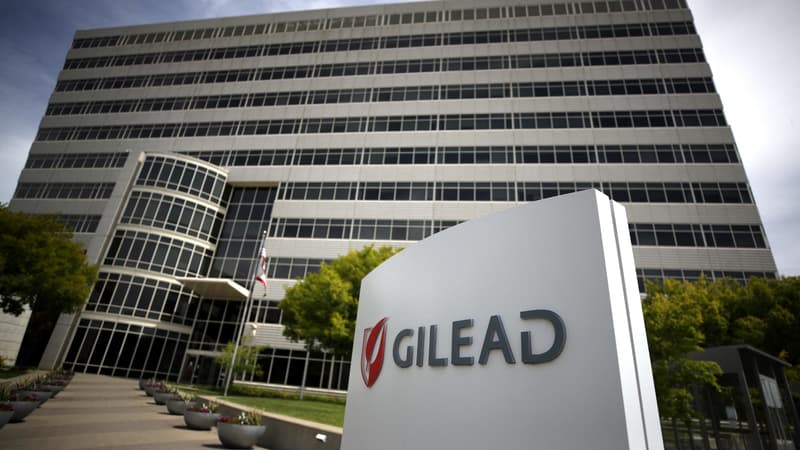The European Commission gave the green light to the marketing in the European Union of the new preventive treatment of the American Laboratory Gilead against the AIDS virus (HIV), the company said on Tuesday, August 26 in a statement.
The Yeytuo, a given name for Europe to this treatment called Yezugo in the United States, requires only two annual injections, while most of its competitors require the daily take of a tablet.
This mode of simplified administration expected better prevention within risky populations, especially in developing countries.
The Human Use Medicines Committee (CHMP), attached to the European Medicines Agency (EMA), had given an opinion in July to the placement of the Yeytuo market.
“The EU and the registration of the European economic area, every year, about 25,000 new positive cases in HIV,” said Professor Jean-Michel Molina, a specialist in infectious diseases in Parisian hospitals Lariboisière and Saint-Louis, cited in the press release.
This figure shows “clearly that current prevention methods do not work for all who need it,” he added, “in particular for vulnerable populations.” The United States approved in June the marketing of Yezugo.
A theoretical efficiency of 99.9%
The clinical trials by Gilead showed a reduction in the risk of HIV transmission in more than 99.9% in adults and adolescents. If they believe that this new treatment could change the situation in the fight against HIV, many are concerned about their accessibility and its price.
In June, Gilead told AFP that Yeztugo would cost more than $ 28,000 per year and per patient. Requested Tuesday by AFP regarding the price planned in Europe, the laboratory did not follow up immediately.
After several months of experts from experts and patient associations, Gilead reached an agreement with manufacturers in 2024 to produce and sell low-cost anti-VIH generic in more than 100 developing countries and provide many doses.
The global fund, a public-private association, announced in July that it has signed a contract with Gilead to provide low or intermediate income of preventive treatment.
Source: BFM TV


